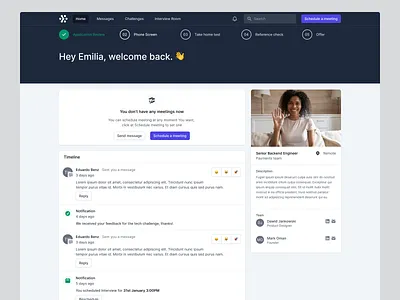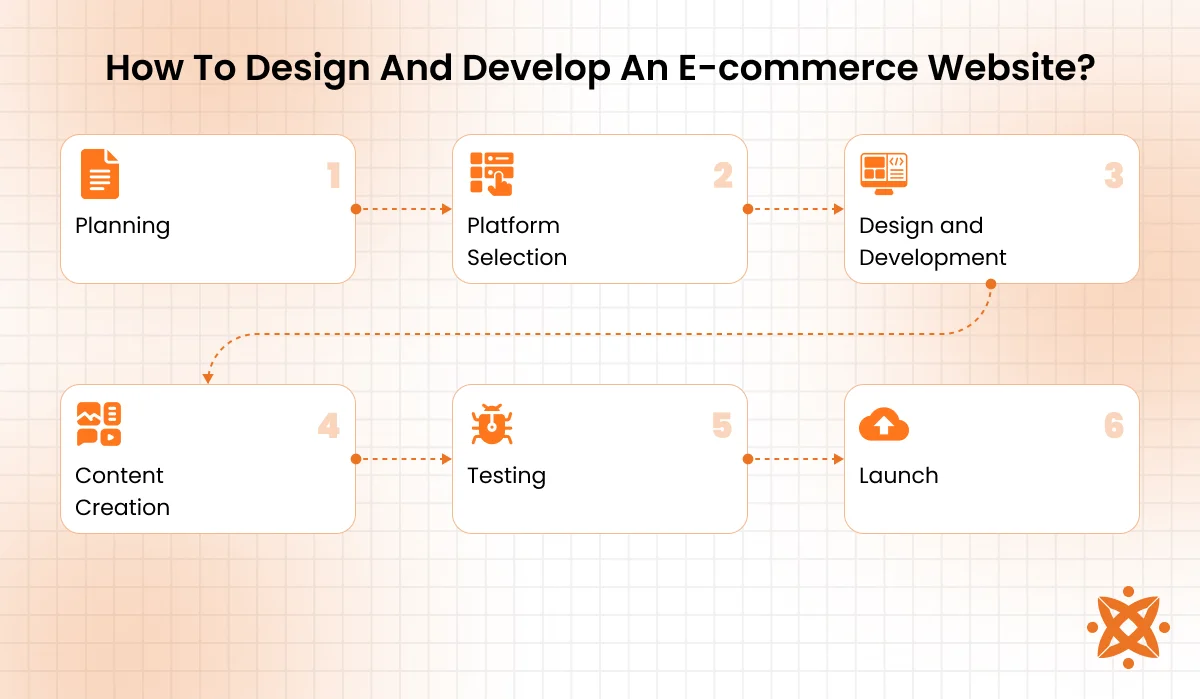Strategic Recommendations for Senior Executives Selecting Website Platforms
Selecting the right website platform is crucial for senior executives, as it directly impacts the organization's digital presence and operational efficiency. Here are strategic recommendations to guide this decision:
1. Define Business Objectives and Needs
- Purpose and Goals: Determine the primary function of your website. Is it for e-commerce, informational purposes, or as a portfolio? Ensure the platform supports these goals.
- Scalability: Consider future growth. Will the platform scale with your business, handling increased traffic and content volume?
2. Evaluate Technical Requirements
- Integration Capabilities: Assess how well the platform integrates with existing systems like CRM, ERP, and marketing automation tools.
- API and Customization: Ensure the platform offers robust APIs for custom integrations and supports your technical stack (e.g., programming languages, databases).
3. Assess User Experience and Ease of Use
- User-Friendly Interface: Choose a platform that is intuitive for both developers and non-technical users.
- Training and Support: Consider the availability of tutorials, customer support, and documentation to reduce the learning curve.
4. Consider Security and Compliance
- Security Features: Ensure the platform provides advanced security controls and compliance tools, especially if your industry has specific security requirements.
- Regular Audits: Perform regular security audits to verify protection levels.
5. Evaluate Cost and ROI
- Total Cost of Ownership (TCO): Calculate the long-term costs, including hosting, maintenance, updates, and personnel.
- Return on Investment (ROI): Assess how the platform will contribute to business growth and revenue.
6. Incorporate Stakeholder Input
- Stakeholder Engagement: Involve marketing, IT, and content teams in the selection process to ensure the platform meets all operational needs.
- Test Scenarios: Use free trials to test the platform with real-world scenarios and edge cases.
7. Plan for Transition and Growth
- Content Migration: Develop a strategy for migrating existing content to the new platform.
- Staff Training: Plan for training staff on the new platform to minimize disruption.
By following these strategic recommendations, senior executives can select a website platform that aligns with their business goals, supports growth, and enhances operational efficiency.



